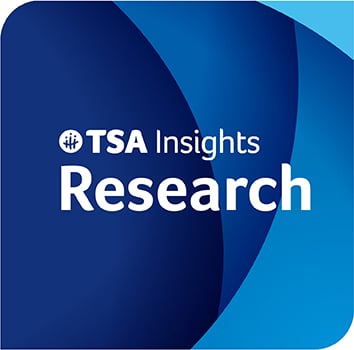Research
There is ongoing global research into TSC (Tuberous Sclerosis Complex). On this page you will find summaries of the most important TSC-related research from Australia and around the world. This page is continually updated as new research is published. We stay on top of global developments so you don’t have to. Subscribe to our updates to make sure you know what’s happening.



